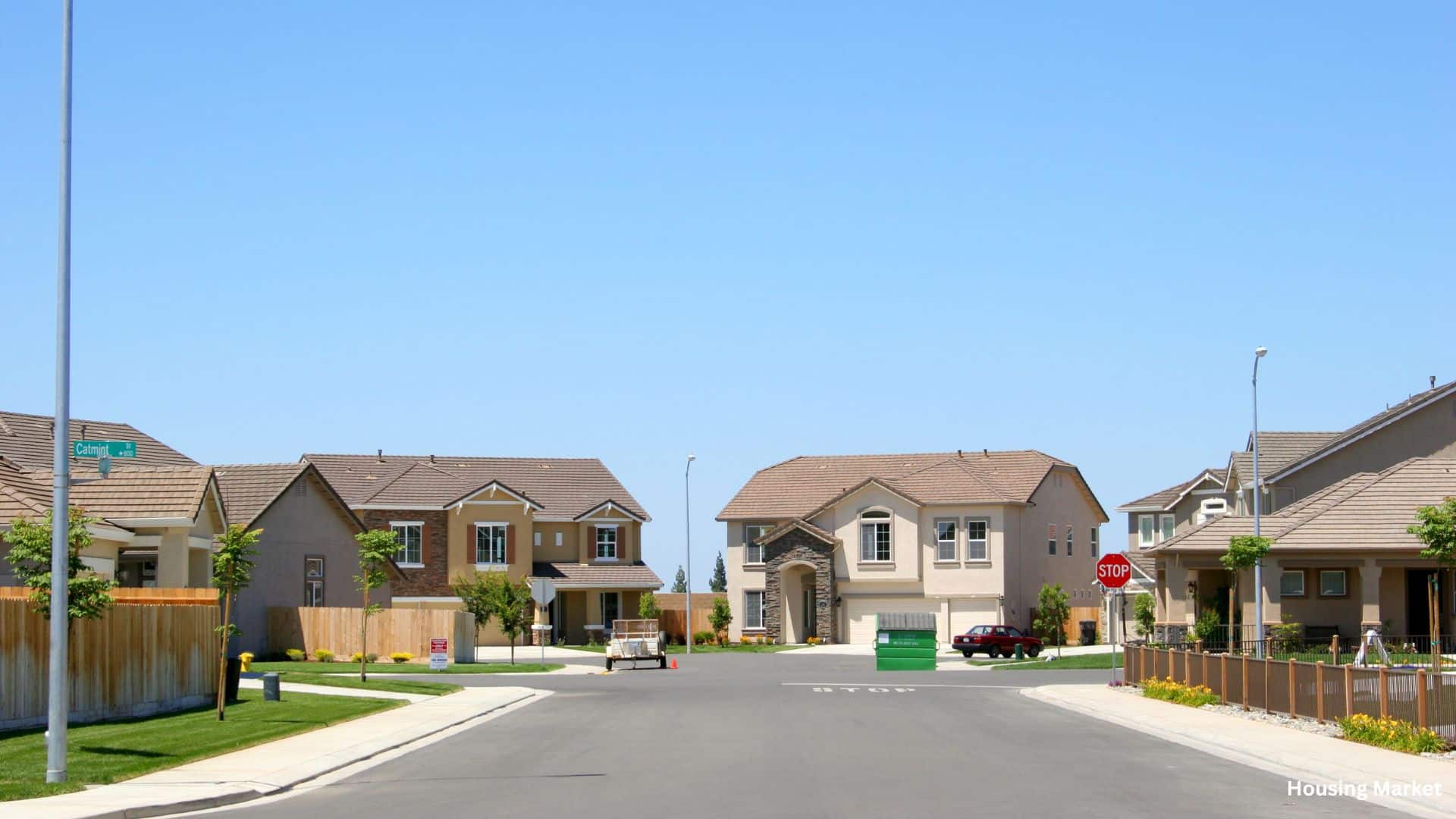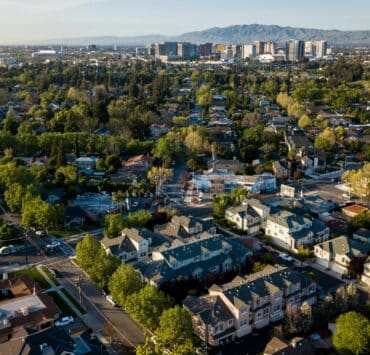Voters’ concerns about housing have taken center stage in the political arena as candidates for U.S. Congress face increasing pressure to address the housing crisis. From suburban New York to rural Montana, interviews with Democratic and Republican campaigns, along with Reuters/Ipsos polling, reveal the stress voters are experiencing due to skyrocketing housing costs.
The Housing Crisis in Key Regions
In New York state, Democratic U.S. Representative Pat Ryan highlights housing affordability as the primary economic issue in the Hudson Valley north of New York City. “The No. 1 point of economic pain and pressure is housing affordability,” said Ryan, who advocates for using funds from President Biden’s $1 trillion infrastructure law to support housing construction.

According to a Reuters/Ipsos opinion poll in May, voters rated the scarcity and cost of housing as their second-most important economic concern, just behind fears of stagnating income and rising prices. This sentiment resonates across the country, affecting the broader contest between Biden and Republican challenger Donald Trump.
The Impact of Rising Home Prices
Nationally, home prices have surged by about 50% over the past five years, with rents increasing by 35%, according to Zillow. In Kingston, New York, within Ryan’s district, home values have jumped by 75%, and rents have risen by 58% during the same period. These dramatic increases have forced families to allocate a larger portion of their income to housing, leaving many in fear of losing their homes.
Republican Representative Marc Molinaro, whose New York district is highly competitive, acknowledges that housing costs have become unattainable for many. “There’s little question that housing costs have gotten so far out of reach of so many,” Molinaro stated.
Swing State Concerns
In swing states such as Arizona, Georgia, Michigan, North Carolina, Pennsylvania, and Wisconsin, metropolitan areas have seen rent increases averaging 44% from 2019 to 2024. This issue is particularly pressing in Nevada, where Democratic Senator Jacky Rosen and her Republican rival Sam Brown have both made housing affordability a central campaign issue.

Wisconsin Senator Tammy Baldwin proposes taxing investors who own more than 15 single-family homes, using the proceeds to build affordable housing. In contrast, Republican contender Eric Hovde attributes high housing costs to immigration.
Addressing the Federal Housing Policy
At the federal level, President Biden has proposed building and preserving over 2 million homes and offering a tax credit for first-time home buyers. However, these plans have not yet gained traction in Congress. The Republican-controlled House passed a bill in January that included tax credit expansion for low-income housing, but it remains stalled in the Democratic-majority Senate.

Personal Stories Highlight the Crisis
Personal stories from voters like Mike Atkin, who became homeless after a divorce but now resides in a senior apartment, underscore the urgency of addressing the housing crisis. “I want to vote for people that want to deal with this issue,” Atkin said.
Political strategist Alyssa Cass emphasizes the importance of addressing voters’ concerns about housing, stating that any candidate not discussing housing within the first five minutes of their campaign is likely to fail. “In focus group after focus group, this is what they care about… ‘I can’t afford a home,'” Cass noted.

Voters’ concerns about housing are a pivotal issue in the upcoming elections. Candidates must address these concerns to resonate with voters facing the harsh realities of the housing crisis. As the election approaches, housing affordability will remain a critical topic that influences voter decisions and shapes the political landscape.
Related posts:
 Decline in Home Prices: Anticipating a Shift in 2024
Decline in Home Prices: Anticipating a Shift in 2024
 Maryland Governor Legislative Agenda: Military Families, Housing, and Public Safety in 2024
Maryland Governor Legislative Agenda: Military Families, Housing, and Public Safety in 2024
 Nashville’s Zoning Bills for Middle-Income Housing Spark Contentious Debate
Nashville’s Zoning Bills for Middle-Income Housing Spark Contentious Debate
 Tampa Affordable Housing Initiative Breaks Ground on New 188-Unit Building
Tampa Affordable Housing Initiative Breaks Ground on New 188-Unit Building
 Navigating the Decline: Florida Condo Prices Dropping Amidst Rising Costs
Navigating the Decline: Florida Condo Prices Dropping Amidst Rising Costs




